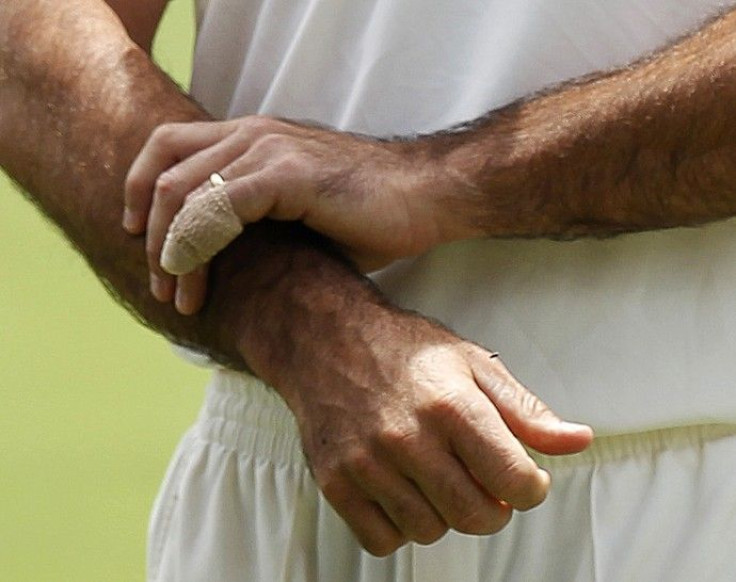New Bandage Can Predict Wounds Before They Actually Appear

A new discovery may give new meaning to the idea of ouchless bandages. A team of researchers at the University of California, Berkeley, has come up with a film of electrified adhesive that can be used on bandages to predict the occurrence of bedsores before they actually appear.
According to the researchers, the electrified bandage can help detect developing bedsores so that they can be treated well before they erupt. People who suffer from bedsores end up staying bedridden in the hospital or other chronic-care facility for longer periods. The researchers believe that the new transparent device can help reduce the rate of occurrence of the sores through advance detection.
“We set out to create a type of bandage that could detect bedsores as they are forming, before the damage reaches the surface of the skin. We can imagine this being carried by a nurse for spot-checking target areas on a patient, or it could be incorporated into a wound dressing to regularly monitor how it’s healing,” said the leader of the Smart Bandage research team, Michel Maharbiz, in a statement released by the university.
While working on the project, the researchers made use of the changes in the electrical field that take place when a healthy cell starts to die. They attached the thin adhesive film on the skin of mice and noted that the device they developed was able to detect the different levels of tissue damage based on the electrical changes.
According to the Metro News, the current process followed for management of people suffering from bedsores includes turning them over several times during the hospital stay. However, turning obese people lead to strain injuries among nurses and caregivers who perform the task. The researchers believe that the use of the Smart Bandage can eliminate this problem.
The bandage is portable, cheap and can be used easily by the nurses at the bedside itself. The Metro News reports that the human trials for the bandage are planned soon.
The study findings were published in the journal Nature Communications.
© Copyright IBTimes 2024. All rights reserved.











